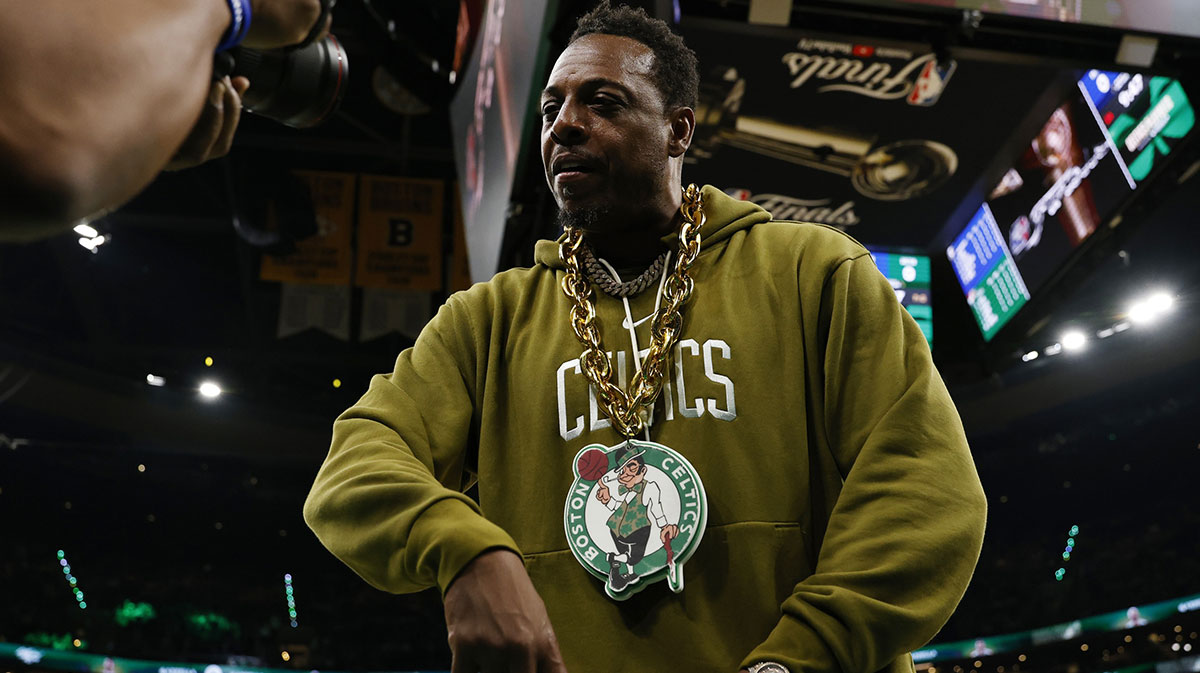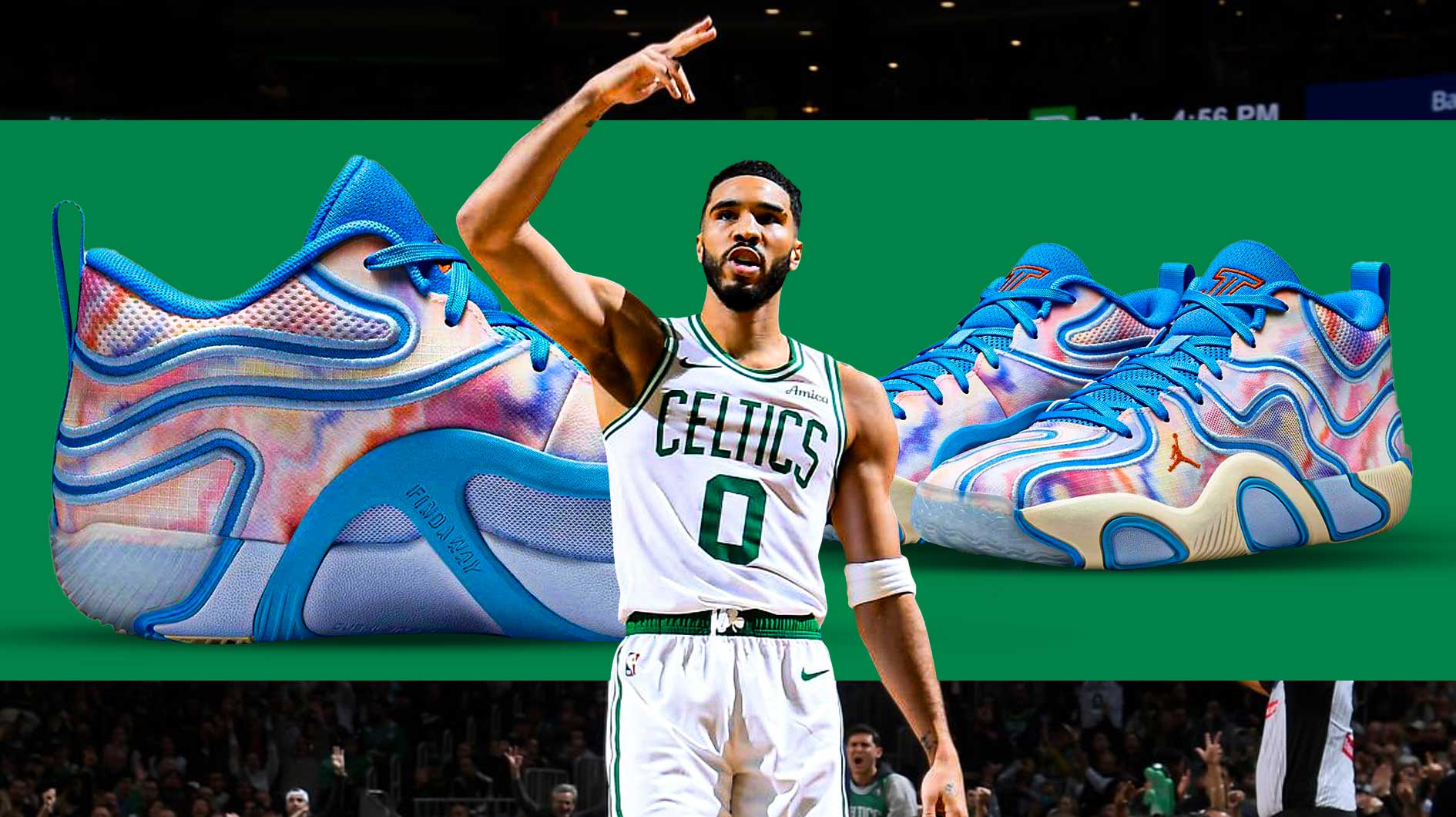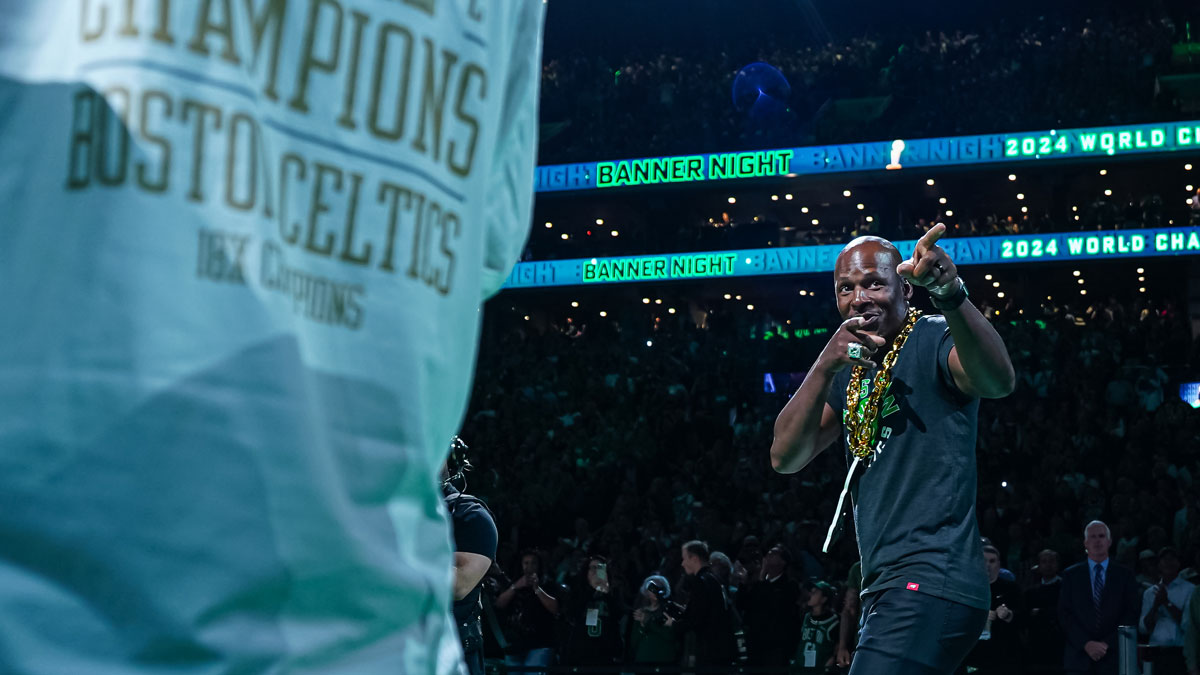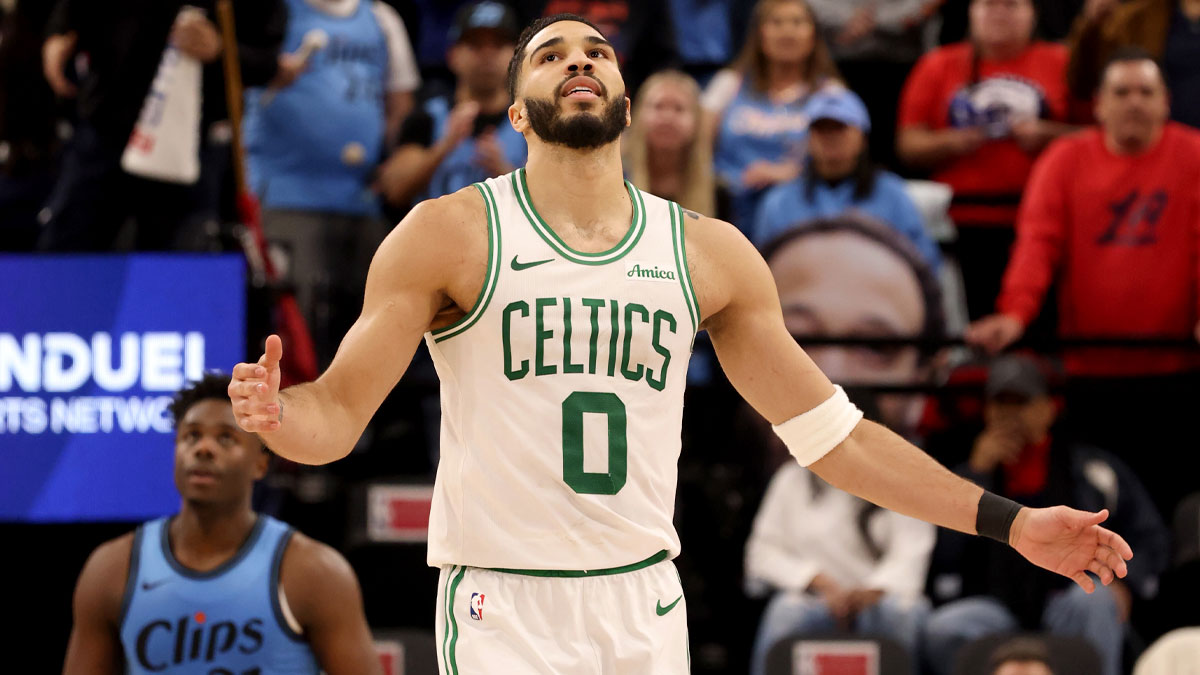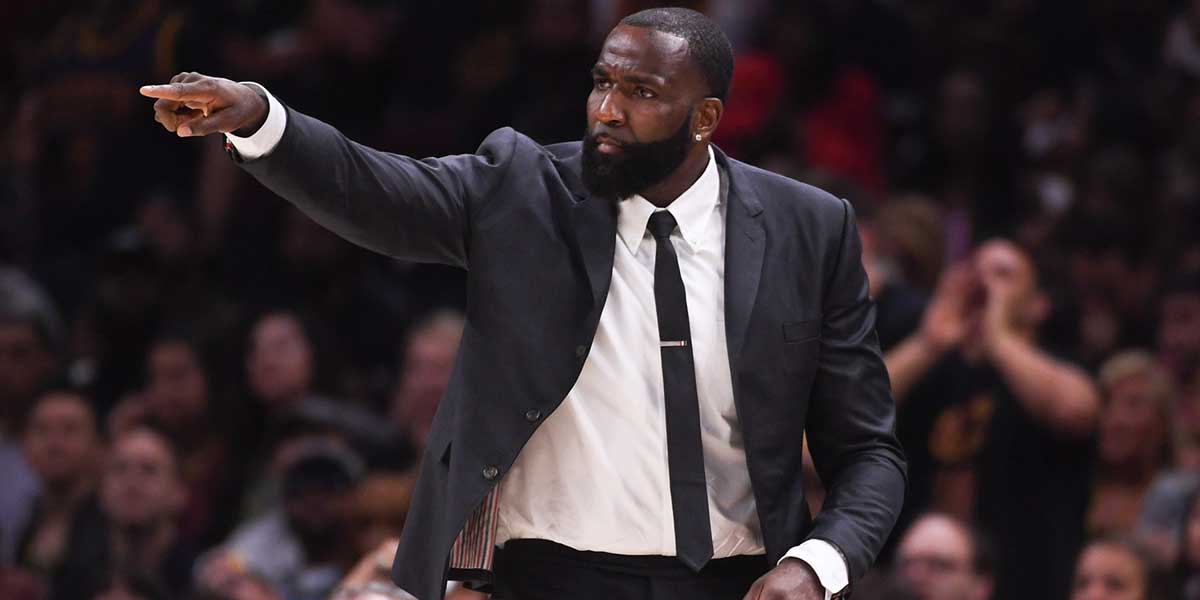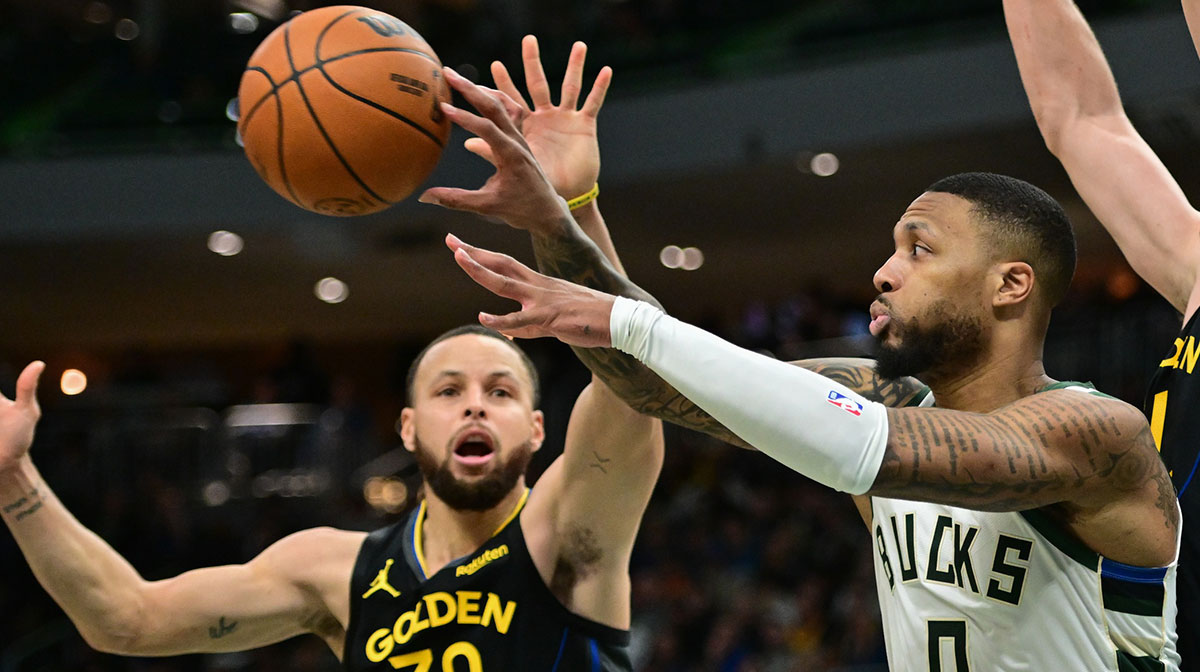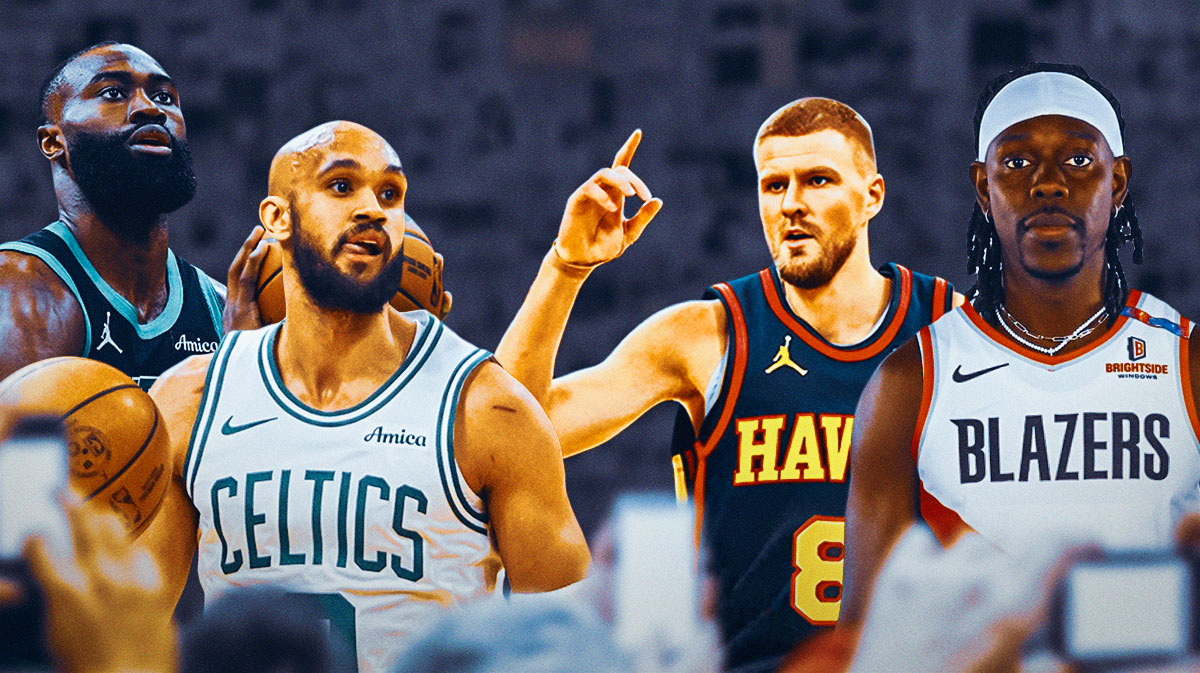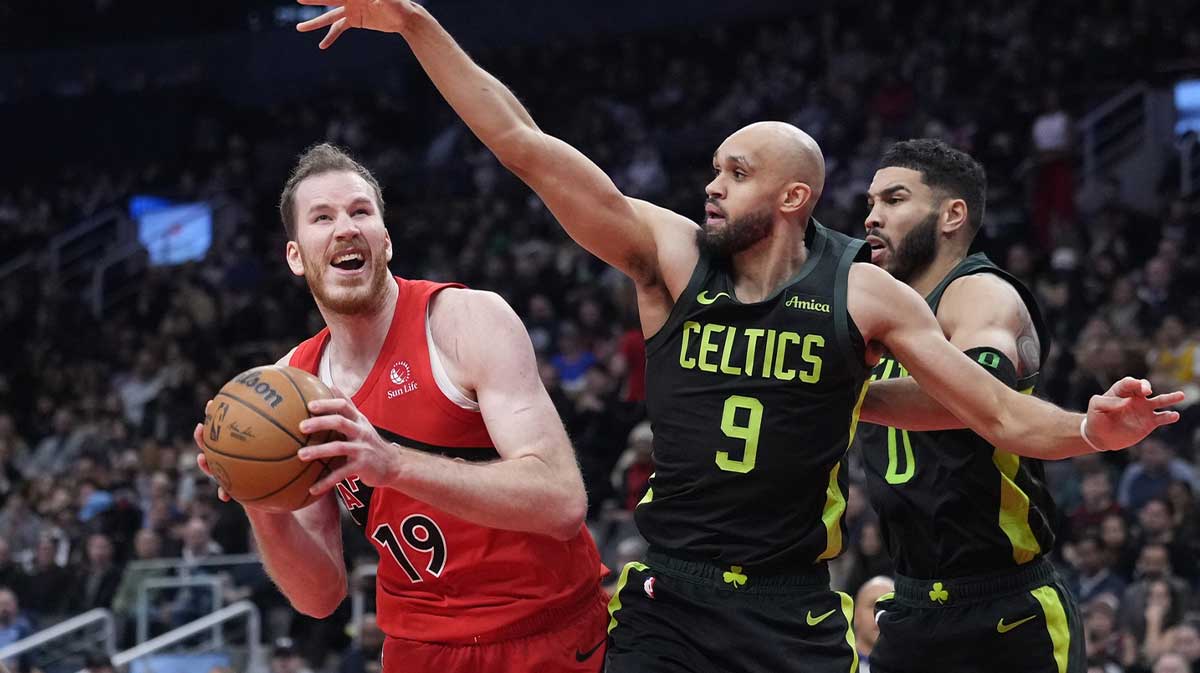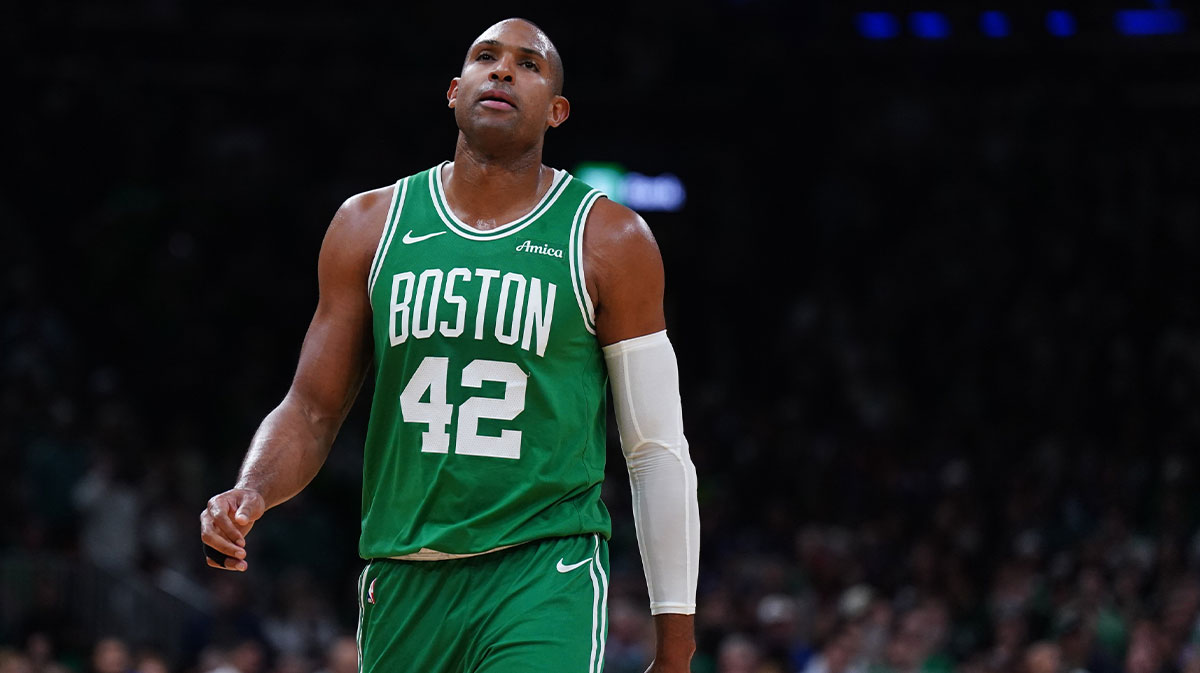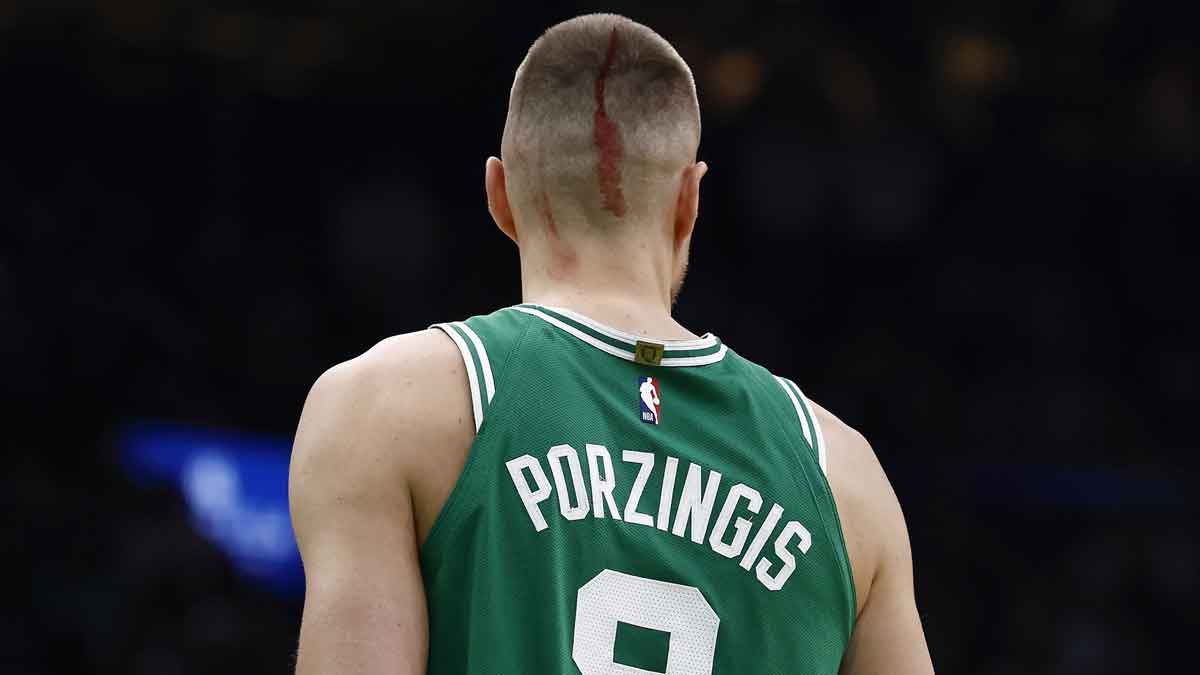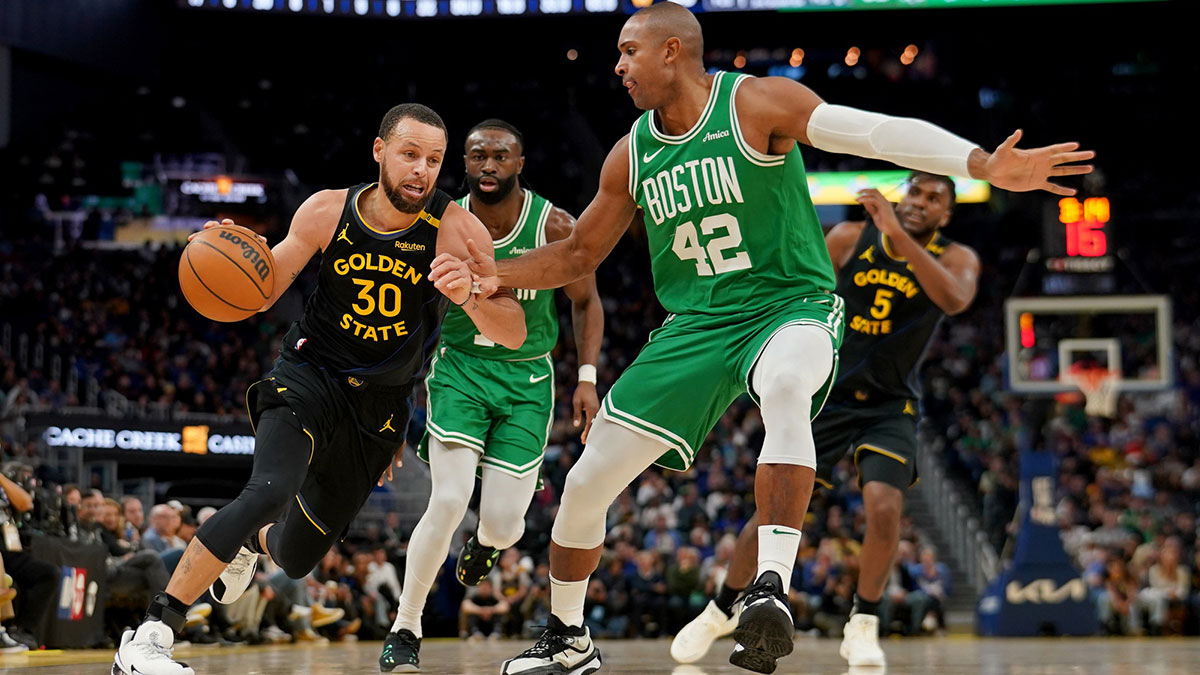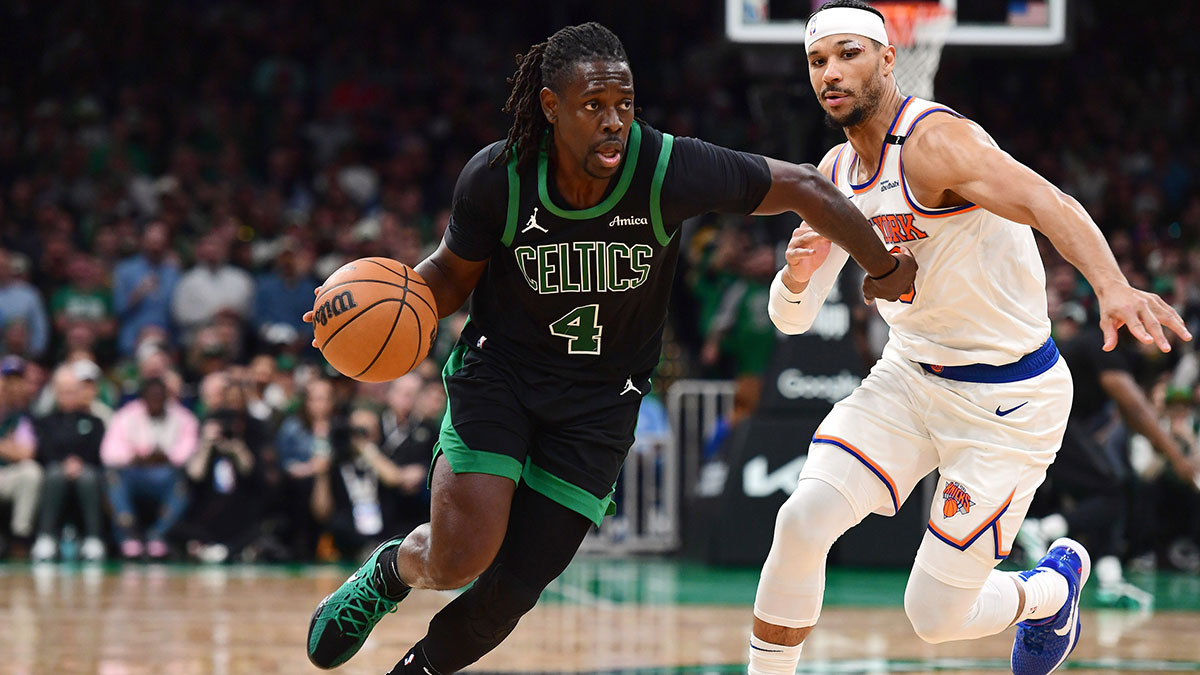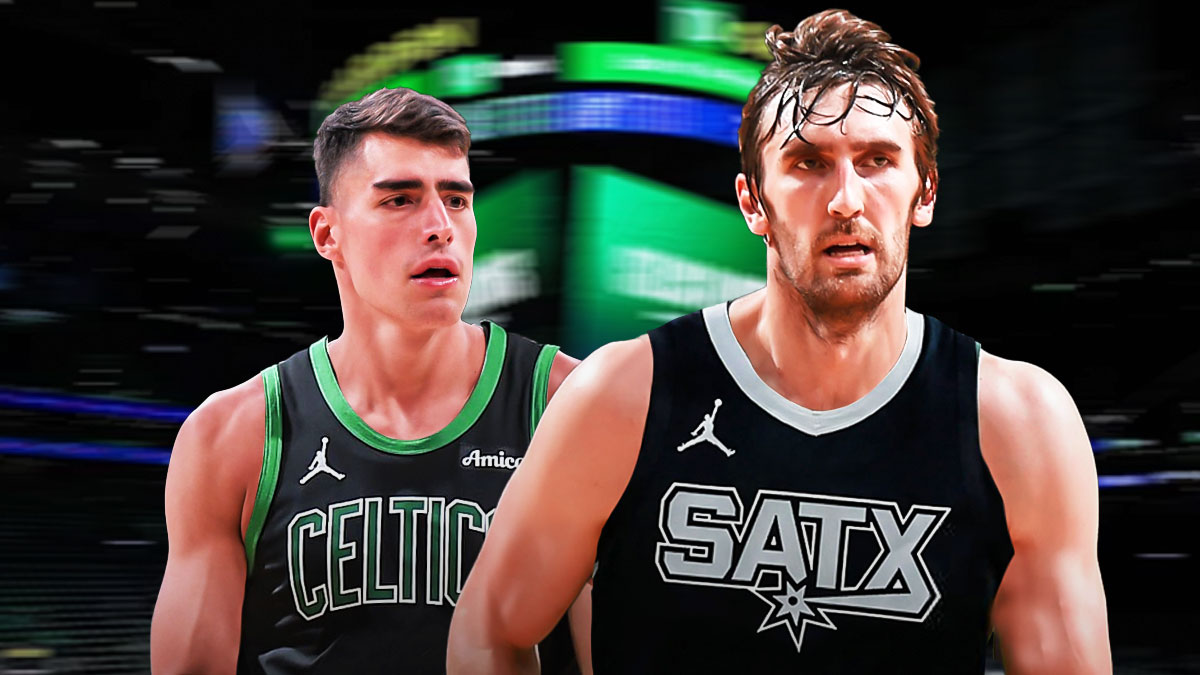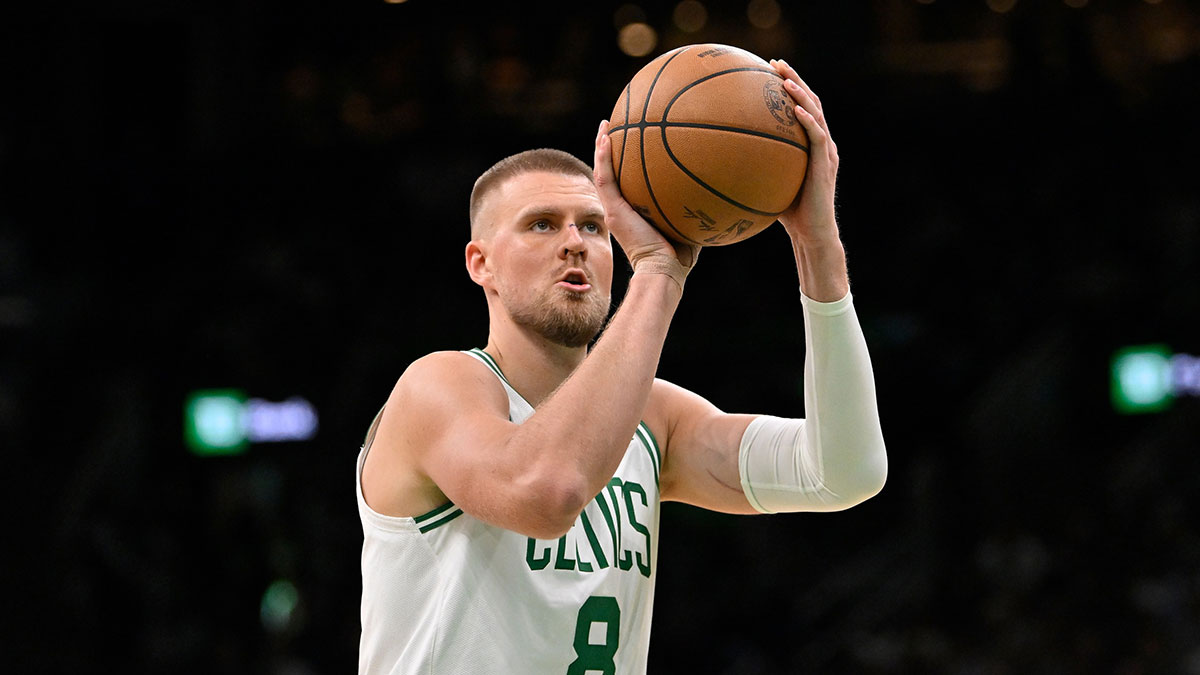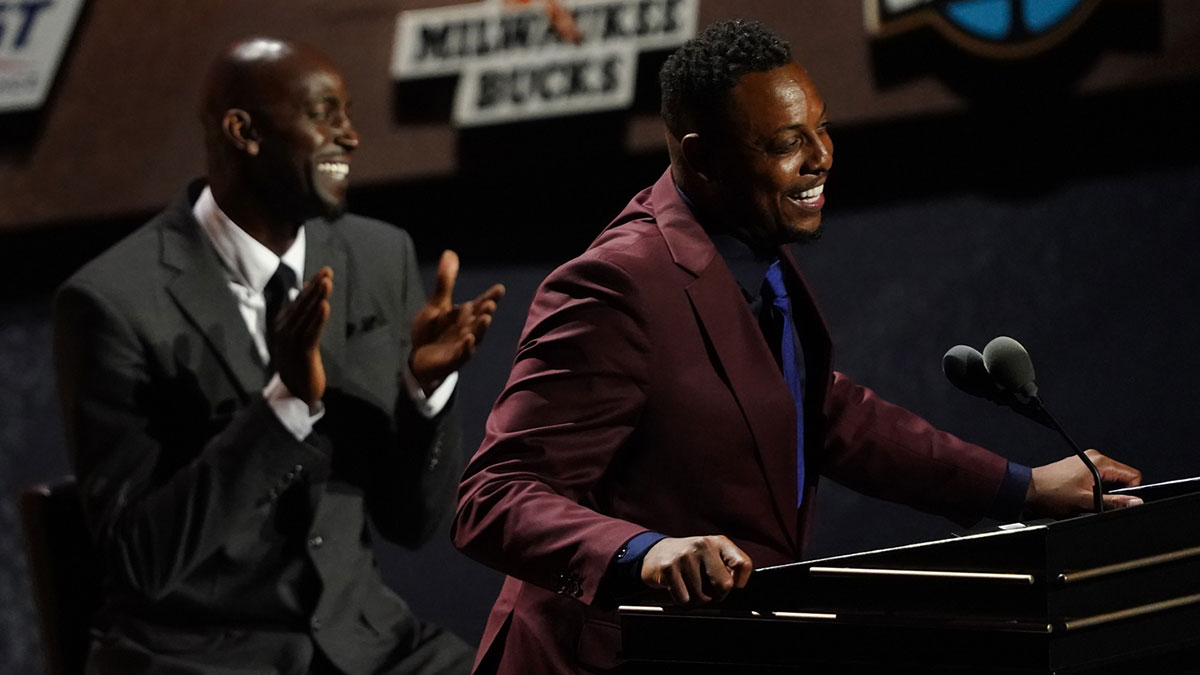With their 104-102 win over the New York Knicks on Friday night, the Boston Celtics improved to 4-1 in the early stages of the season, which, if you can believe it or not, is actually their best start since the 2010-11 campaign.
The Celtics were a wild card coming into this season, as no one really knew what to expect after they lost Kyrie Irving, Al Horford and several other key role players during the summer.
And you know what? They still are, as we still don't know how good this team really is.
So, with Boston off until Tuesday, let's list three things to like and three things not to like about the club thus far:
LIKE: Gordon Hayward is back.
Gordon Hayward suffered one of the most gruesome injuries you will ever see on opening night in 2017-18, basically breaking his leg in half on national television.
He returned last year, and as you might expect, he was rusty throughout most of the 2018-19 campaign, finally coming on late in the year.
The general consensus was always that it would take Hayward a full year of play time to actually recover and get back to being his old self, and that looks to be true thus far in 2019-20.
Through five games, Hayward is averaging 16.6 points, 7.6 rebounds and 3.6 assists per game while shooting 47.7 percent from the floor and 55.6 percent from three-point range.
Most importantly, Hayward looks a heck of a lot sprier than he did a year ago, and his increase in confidence is obvious.
Hayward is one of the biggest X-factors in the Eastern Conference this season. If he plays at this level throughout the year, the Celtics will have a legitimate chance of representing the East in the finals.
DISLIKE: The bench production.
We all know that, aside from Marcus Smart, the Celtics' bench would be an adventure this season, and it has certainly lived up to those expectations early on.
To be fair, Boston has had some injuries which has hindered its lack of depth even more (Enes Kanter has been out the last four games, Jaylen Brown sat the last two and Robert Williams missed the win over the Knicks), but that doesn't change the fact that the C's clearly have some depth issues.
While rookie Grant Williams has been impressive, fellow rook Carsen Edwards certainly has not, as he has made just 22.7 percent of his shots thus far. He surely won't keep shooting that poorly, but it might be a welcome to the NBA moment for the first-year guard.
It's blatantly obvious that Boston lacks a scorer off the pine. Luckily, the C's have between now and the February trade deadline to address that issue, but if they don't, they are going to have a rough time whenever their starting five as an off night.
LIKE: Jayson Tatum's progression.
Jayson Tatum was the guy who beat the Knicks on Friday evening, canning a contested, leaning corner jumper with just over one second remaining for his 24th points of the game.
On the season overall, he is averaging 22 points and 7.6 boards a night.
His percentages are a bit off, as he is making 40 percent of his field goals and a ridiculous 48.6 percent of his triples on high volume (7.4 long-range attempts per game), but his shaky overall percentage is a direct result of him missing an inordinate amount of bunnies at the rim, something he will certainly adjust moving forward.
Most importantly, Tatum has cut down significantly on mid-range jumpers and is focusing more on either attacking the rim or shooting threes. Last year, 16.9 percent of his shot attempts came from between 16 feet out and inside the arc. This year? He has dropped that number to nine percent.
DISLIKE: Missing easy looks.
The Celtics are making just 41.7 percent of their shots on the year, which ranks 27th in the NBA.
For a team that is hoping to make a run in the playoffs, that is inexcusable.
Oddly enough, Boston ranks 14th in three-point percentage, as it is making 35 percent of its triples, which tells you that the C's are missing far too many easy looks (like I mentioned with Tatum earlier).
The good news is that this is something the Celtics are likely to correct going forward, as it seems like more of an outlier than anything else, and Boston has managed to collect wins over the Toronto Raptors and the Milwaukee Bucks in spite of shooting so poorly.
LIKE: Kemba Walker's leadership.
The main reason why Boston was the most disappointing team in the NBA last season was a lack of leadership, which caused a whole lot of trouble in the locker room.
Blame it on Kyrie Irving or Brad Stevens or whoever, but the fact of the matter is that the Celtics' locker room was a toxic mess a year ago.
Now? It seems to be an entirely different story, as Kemba Walker has taken the young C's players under his wing, and his infectious personality has obviously rubbed off on them.
Walker is not as good as Irving on the floor, but he is the next best thing, and the positives that he brings as a leader and as an influence outweigh the difference in skill between him and the former Celtics point guard.
If Boston ends up losing early in the playoffs yet again this season, it won't be because of a lack of togetherness.
DISLIKE: Slow starts.
The Celtics are registering a mere 47 points per game in first halves through five games, which is 29th in the league.
On the other side of the coin, they are recording 61.6 points per game in second halves, which ranks third.
While it's certainly great to finish strong, it would be nicer if Boston could put together more of a consistent effort all the way through so it doesn't need to blitz teams over the final 24 minutes.
For example, in both of their wins over the Knicks this season, the C's have trailed at halftime. They ended up routing New York by 23 the first time, but Friday night, they needed some last-second heroics from Tatum to seal the deal, something that should not have had to happen, even if the Celtics were short-handed and if the Knicks aren't quite as hideous as they were last year.
Boston also found itself down 19 against the Bucks before rallying for an 11-point second-half victory on Wednesday.
It's nice that the C's have the wherewithal to pick themselves off the mat, but they also can't continue digging themselves early holes.


